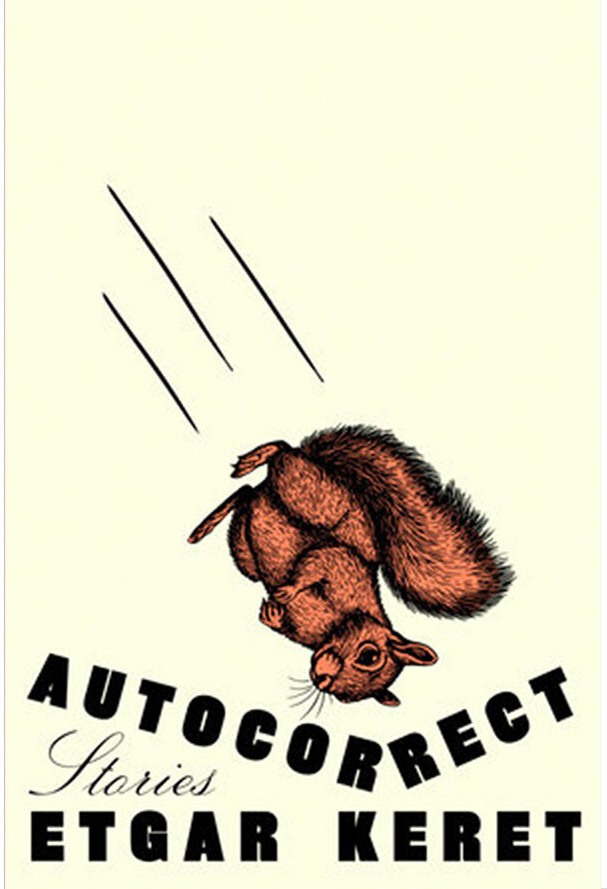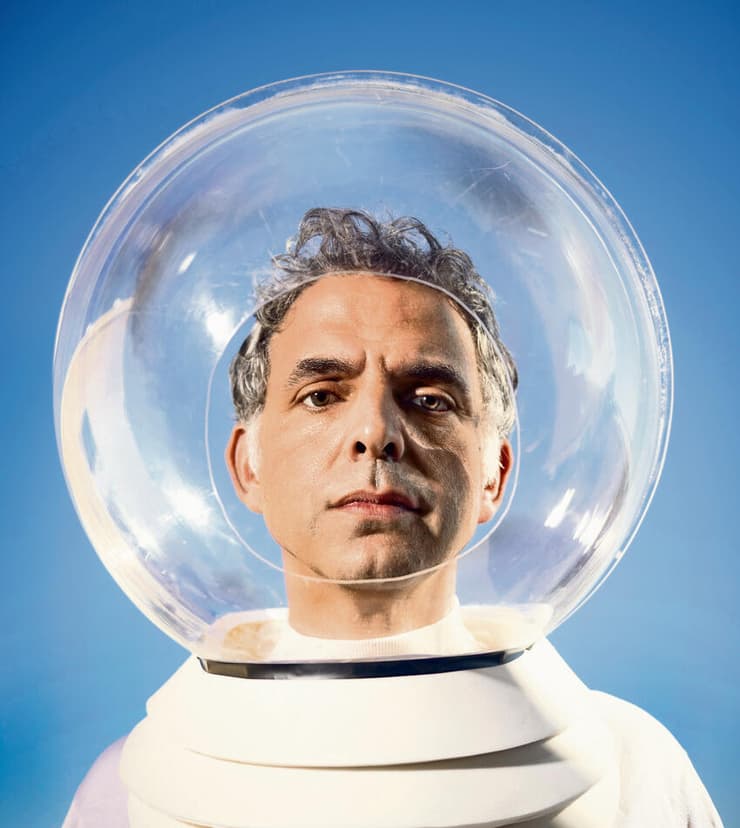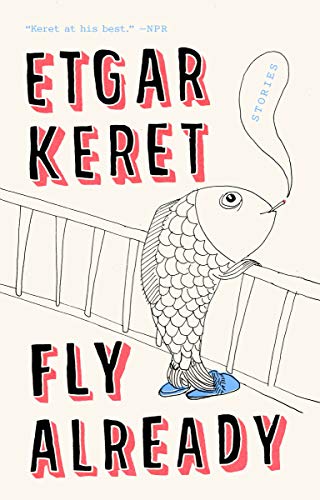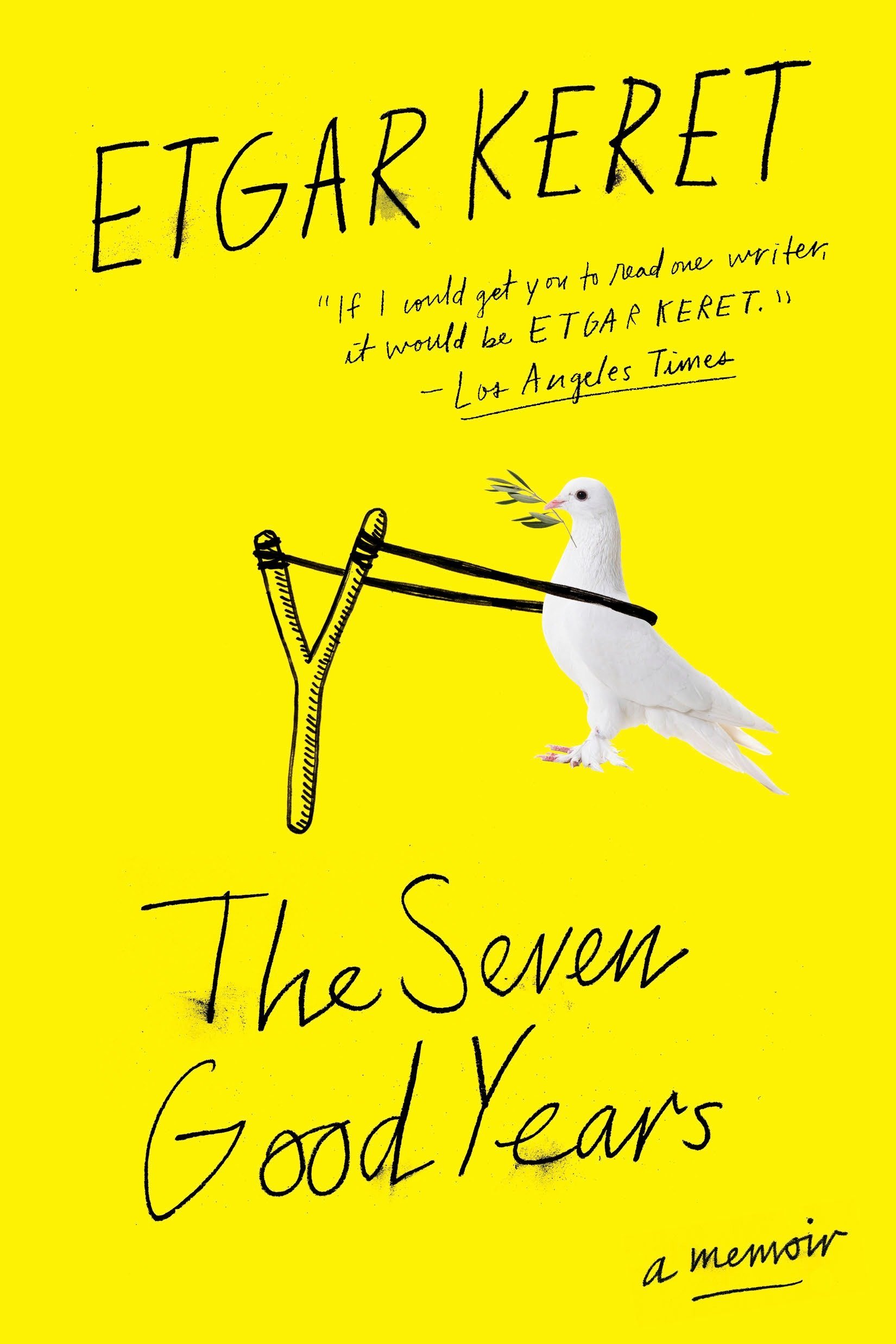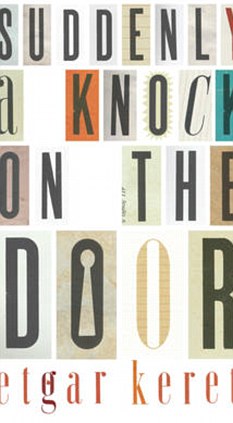Reviews
The Guardian, 2025
Yet for all its vast reach, Keret’s prose, translated from Hebrew by Jessica Cohen and Sondra Silverston, is downbeat and matter-of-fact. It’s full of people negotiating the bewildering and alienating and bathetic furniture of modernity: Tinder dates, Zoom calls, Skype meetings, virtual reality, small ads, tedious queues, spoiler alerts, unexpected deaths. Autocorrect isn’t so much a book as a library of tiny books, from an author who conveys as well as any I can think of just how much fun you can have with a short story.
NPR, 2025
Keret, a doyen of the short story, typically takes his task quite literally: Whatever else it may be, a story by the Israeli writer is quite likely to be short. That's true as well in Autocorrect, the latest of the Israeli writer's collections to be translated into English. Most of the stories here last no more than a handful of pages. But don't mistake his characteristic concision and humor for flippancy. Some of these stories — originally published in Hebrew, in the long shadow of the Oct. 7 attacks and the war in Gaza — hit like a punch to the gut from a passing stranger.
Chicago Review of Books, 2025
It is true that many of the stories are funny and thought-provoking. They’re what you’d call dark comedy. But in Autocorrect, there’s something further. Even in works of dark comedy, we often get a sense that a system of justice, sometimes called karma, exists in the world. A person behaves in an evil, cruel, or merely unpleasant way, and something bad happens to them in turn. One can either believe this is an aspect of wish fulfillment in art, or an intrinsic property to the real moral, spiritual, or even physical universe — the reader can decide for themselves. Autocorrect is willing to live outside of this framework.
Kirkus reviews, 2025
A bemusing clutch of comic vignettes alert to contemporary anxieties. For veteran Israeli writer Keret, technology doesn’t simplify our lives so much as amplify our foibles….In its strongest moments, what resonates most aren’t Keret’s high-concept predicaments, but the determination of characters to preserve their humanity despite them. Wry, affectionate, tart storytelling with Keret’s trademark comic kick.
Times of Israel, 2025
“Autocorrect” is one of the 33 short, short stories in Autocorrect by Etgar Keret, translated by Jessica Cohen and Sondra Silverston (Riverhead Books, May 27, 2025). Readers familiar with Keret will be entertained by more examples of his creative imagination, while those meeting him for the first time will encounter his original humorous insights into Israeli culture and modern life, with a touch of science fiction thrown in for good measure.
Ynet, 2024
קובץ סיפורים חדש של הסופר המוערך הוא ללא ספק מאורע ספרותי, כזה ששמור לרגעים האופטימיים. אלא שמבלי לשים לב, הדבר שנוכח יותר מכל ב"אוטוקורקט", הוא המוות שאורב לנו: בעריסה, בטביעה, ממחלה, בדרך הביתה שיכור מהבר, בתאונת דרכים, וגם בטבח 7 באוקטובר - שנדמה כמו עוד הזיה אפוקליפטית מסיפוריו של אחד הכותבים הטובים בארץ, רק כזאת שהפכה למציאות חיינו
צילום: גבריאל בהרליה
LA Review of Books, 2019
Often these figures are wonderfully average, slightly clueless men whose troubles have left them directionless and, perhaps counterintuitively, emotionally open. It’s precisely that openness, that low-level hum of receptivity that predisposes them to a kind of quotidian sweetness and light that leaves you with a soft sigh, and maybe even a tear
